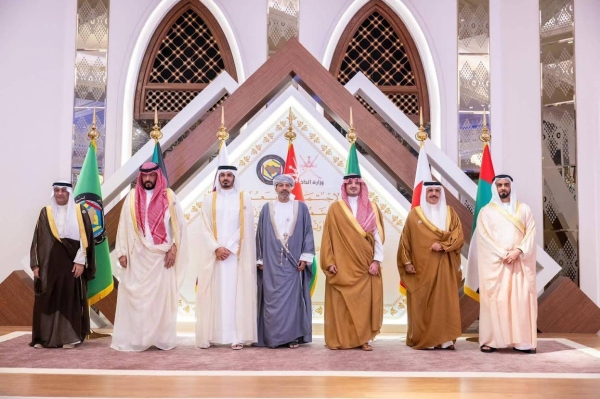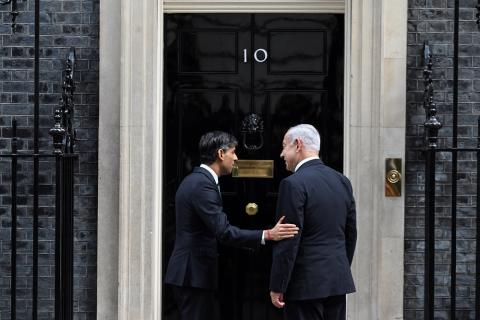
Some policy analysts and politicians doubted that the US withdrawal from the Iran nuclear deal would have any impact on Tehran’s economy. But, since the Trump administration quit the Joint Comprehensive Plan of Action a year ago, the Iranian leaders have been under significant pressure.
In a short period of time, the ruling mullahs have seen a significant loss in revenues, since the US has imposed sanctions on the regime’s energy and financial sectors. According to the International Energy Agency (IEA), Iran’s oil exports may this month plunge to the lowest level in decades.
The Iranian authorities were hoping that oil prices would increase and compensate for the regime’s declining exports. But, to the regime’s dismay, prices have not increased substantially due to the fact that other oil producers have agreed to prevent any disruption by increasing their production and filling the vacuum in the market. As the IEA stated: “There have been clear and, in the IEA’s view, very welcome signals from other producers that they will step in to replace Iran’s barrels, albeit gradually in response to requests from customers.”
These developments have infuriated the Iranian authorities because Tehran cannot continue much longer without the required revenues from oil sales. The Iranian regime depends heavily on oil money to fund its spending. All signs show that it has already become extremely difficult for the authorities to continue funding, sponsoring and supporting its militias, proxies and terror groups across the Middle East.
In such a situation, what strategy will the Iranian leaders pursue?
Firstly, the theocratic establishment will likely attempt to target oil-producing states in the Gulf by disrupting their exports. The hardline Iranian newspaper Kayhan — whose editor-in-chief Hossein Shariatmadari is a close adviser and representative of Supreme Leader Ali Khamenei — clarified that not only the US but also Gulf states must be targeted. It said: “America is waging an economic war against us… the solution for us in this economic war with the enemy is to strike at the enemy that is taking a battle formation against our economy and businesses. In striking an economic blow to the enemy, we have open hands. The countries who depend on the US, or better say, the storekeepers of America’s oil are Saudis and the Emiratis.”In addition, Shariatmadari pointed to the exact tactics and locations Iran must utilize in order to target the “enemies” and inflict harm on their economies, without directly going into war with them. He wrote: “We must strike hard and deep at the oil export capabilities of these two countries (Saudi Arabia and the UAE). Oil is their economic artery. We can do this in the Indian Ocean and the Red Sea. This is not something that would lead to a war… this solution is doable and safe, despite some calling it the prerequisite for war. Those who call it war should take a look at the common international theories and the US-Russia experience during the time that the world was divided between two poles, especially after the Cuban Missile Crisis in 1962.”
From the perspective of the Iranian regime, such a tactic would change the political calculation of Gulf states and tip the balance in its favor. “Such a move would undoubtedly drive the Saudis and the Emiratis to negotiate peace with us,” Kayhan summed up.
Iran generally resorts to asymmetric warfare by deploying its proxies and militias to accomplish its objectives. Just last week, two Saudi oil tankers and two oil pumping stations in Saudi Arabia were the target of Iran-backed militias. According to the Kingdom’s Energy Minister Khalid Al-Falih, the former incident caused “significant damage” to the two tankers, one of which was due to be loaded with oil in Saudi Arabia to be shipped to the US. Al-Falih condemned the attacks in a statement and pointed to the repercussions that such acts can have. “The latest acts of terrorism and sabotage in the Arabian Gulf... not only target the Kingdom but also the security of oil supplies to the world and the global economy. These attacks prove again that it is important for us to face terrorist entities, including the Houthi militias in Yemen that are backed by Iran,” he said.
Iran has again issued threats to close the Strait of Hormuz, which nearly a third of the global oil supply traded by the sea passes through.
In a nutshell, as Iran’s oil exports and revenue continue to decline, the regime will likely ratchet up its aggression toward Gulf states and their oil shipments through its proxies and militia groups. The international community must hold the Iranian regime accountable for endangering regional security and the global economy, and unnecessarily increasing tensions in the region.











